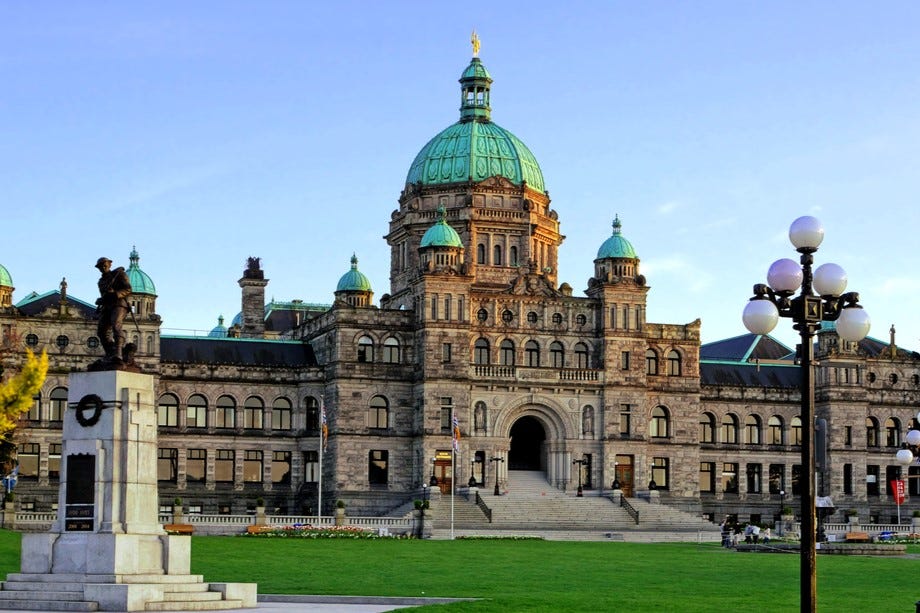Demand-side policies
What BC and Vancouver have already done.
People sometimes ask, how do we make sure that new housing doesn’t just get bought up and kept empty by speculators, or rented out for short-term rentals via AirBnB?
This is actually how BC started out: provincial and municipal governments put a bunch of demand-side policies in place to increase scrutiny and taxation of foreign investment in real estate, in response to the 2014-2015 run-up in Metro Vancouver real estate prices (which appears to be due to the crash in oil prices, bringing down the value of the Canadian dollar).
They cooled the market for a few years, but then Covid hit, and with more people suddenly working from home, total demand for residential space increased sharply. Even if we could wave a magic wand and halt all speculative ownership of real estate (people betting that prices would go up), we’d still need a massive increase in housing. In recent interviews, David Eby (who put a number of the demand-side policies in place) has been pushing hard for more supply. Interview with Kerry Gold.
In 2016 the BC Liberals (now BC Unity) brought in the foreign buyer surtax, but since then the BC NDP have brought in the speculation and vacancy tax, the progressive school tax, the Land Ownership Transparency Registry, and two public inquiries into money laundering. Around the same time, the city of Vancouver brought in the empty homes tax. I'd expect these measures to get tighter over time, since foreign investors don't vote. This also affects domestic investors who were planning to sell to foreign investors at some point in the future.
Links to the details:
empty homes tax (city of Vancouver)
speculation and vacancy tax, which includes targeting satellite families where the main earner is outside Canada
German inquiry into casinos
Cullen inquiry into money-laundering
I think of empty homes, and homes being rented on AirBnB, as a possible source of supply. According to CMHC, vacancy taxes (Vancouver's empty homes tax and BC's speculation and vacancy tax) resulted in 8,800 apartments being added to the long-term rental market in a single year, 2019. That's a lot - for comparison, the Senakw project with its 59-storey towers will add about 6,000 apartments - but it's a one-time boost. Kennedy Stewart got a motion passed to double the number of audits, which may add some more, but I wouldn't expect a whole lot.
Some owners are rich enough that they don't care and just pay the vacancy taxes, but then that's revenue that the province or city can put into non-market housing.
On the AirBnB side: The city of Vancouver regulates AirBnB operators, requiring them to have a license and to live in the property they're renting out. My guess is there's people attempting to evade the rules who are caught when there's a complaint, like this case. Not sure yet how many cases there are, but I'd be surprised if it's as many as were freed up by the vacancy taxes.

